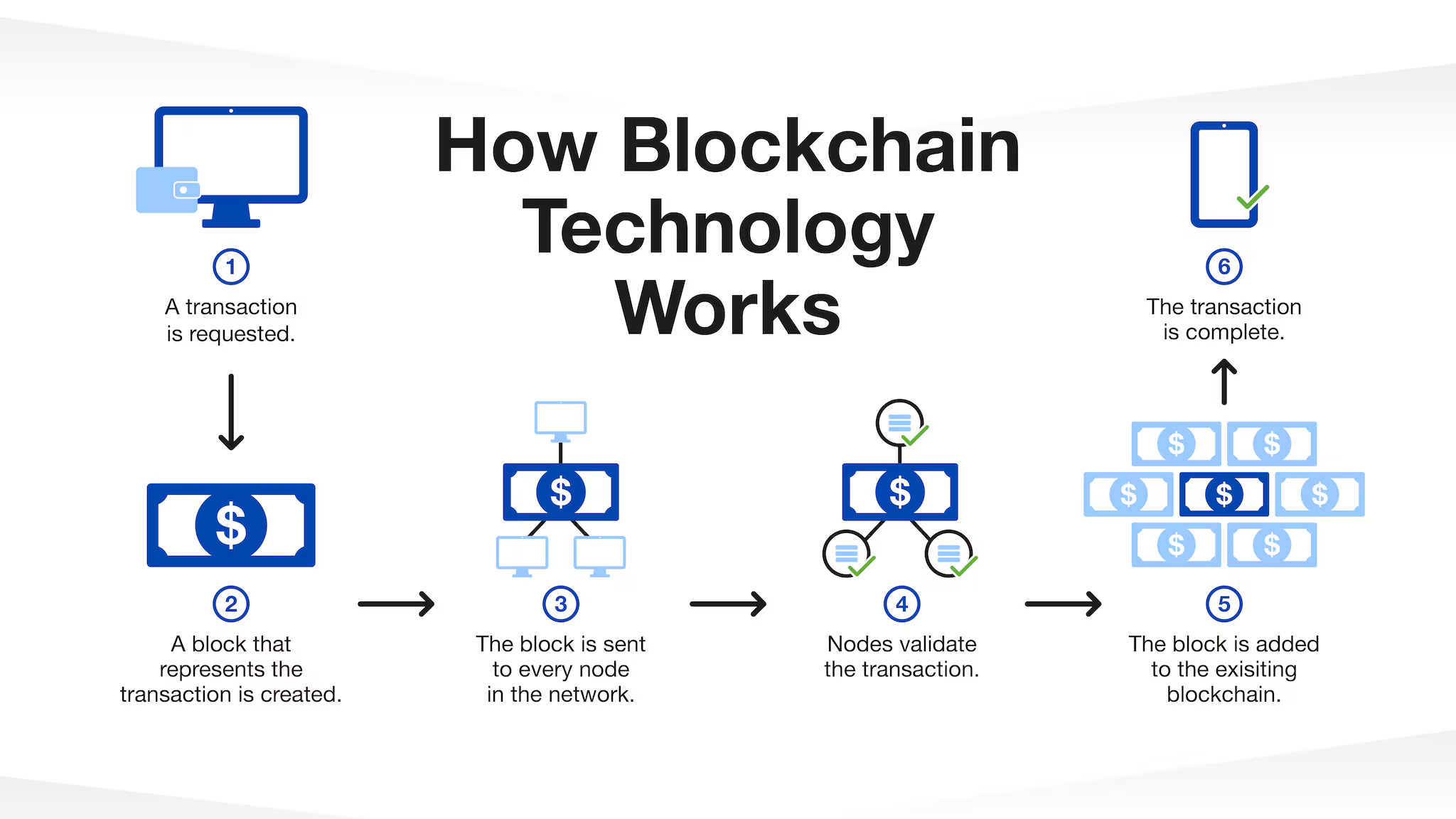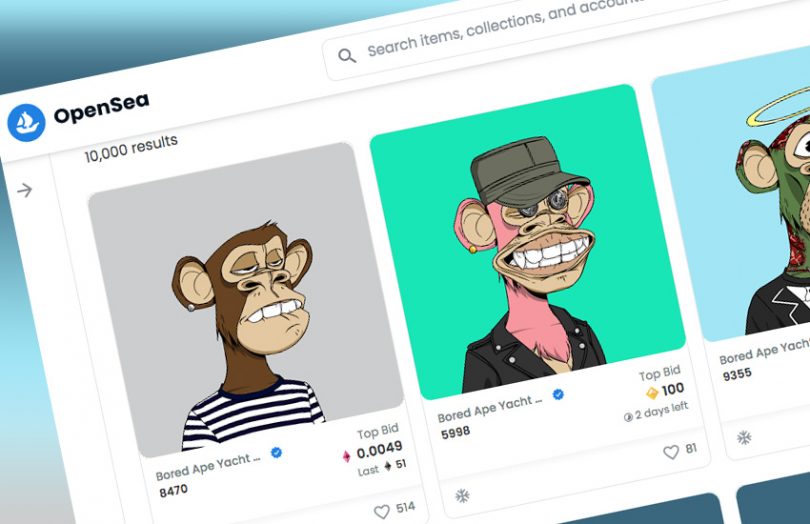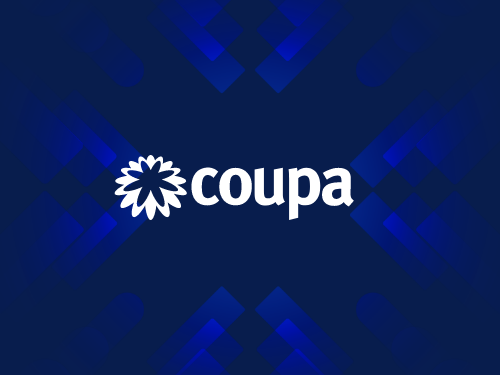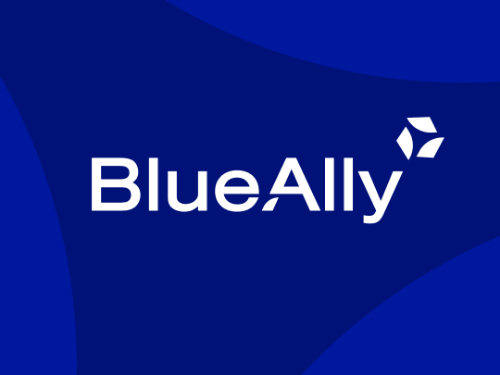In an industry constantly chasing the next big thing, blockchain has loomed large as both a buzzword and a mystery. As marketers watch the evolution of Web3, the rise (and stumble) of NFTs, and calls for more secure, transparent digital systems, the question becomes: is blockchain marketing’s next breakthrough—or just another hyped-up distraction?
The truth, as usual, lies somewhere in between. Blockchain technology holds promise for reshaping how brands build trust, manage data, and deliver more transparent customer experiences. But turning promise into practice requires understanding what blockchain can (and can’t) do for marketing today.
Blockchain 101 (Marketing Edition)
At its core, blockchain is a decentralized ledger technology. Instead of data being stored in one central database, it’s distributed across a network of computers. Each transaction or data entry is verified and permanently recorded in a block, forming a secure, immutable chain of records.
So why should marketers care?
- Transparency: Blockchain’s public, verifiable nature means transactions—like ad impressions or product sourcing—can be tracked in real time.
- Security: Once data is on the blockchain, it can’t be tampered with. That’s a big deal for digital privacy and integrity.
- Decentralization: Reducing reliance on third-party platforms could give brands and users more direct control over data.
These features may sound abstract, but they open the door to several compelling marketing applications.

Emerging Use Cases in Marketing
Ad Fraud Prevention
Blockchain can help solve a long-standing digital advertising issue: fraud. By using blockchain to track ad delivery and engagement, marketers can verify whether impressions and clicks are legitimate. Several startups now offer blockchain-powered ad networks that ensure transparency throughout the media buying process.
Supply Chain Transparency
For brands that market ethically sourced or sustainable products, blockchain offers a way to verify and showcase the journey of goods—from raw material to retail shelf. This isn’t just a backend benefit; marketers can use verified data to build compelling, trust-based stories for consumers.
Customer Data Integrity
In a world where privacy matters more than ever, blockchain could allow users to control their personal data, granting marketers permission to use it in exchange for value. This creates opportunities for more transparent, consent-based personalization.
NFTs and Loyalty Programs
Brands like Starbucks and Nike have experimented with NFTs to create exclusive digital assets and perks. While some NFT campaigns were gimmicky, others hint at a future where loyalty programs become more personalized, gamified, and ownable by users.

Challenges and Limitations
Despite the potential, blockchain isn’t a turnkey solution. Marketers should be aware of key challenges:
- Scalability & Speed: Most blockchains still face performance issues, especially with large volumes of transactions.
- Energy Consumption: Proof-of-work systems like Bitcoin can be environmentally taxing, though newer consensus mechanisms are more sustainable.
- Complex Integration: Adding blockchain to a martech stack isn’t plug-and-play—it requires development, legal vetting, and user education.
- Audience Readiness: If your audience doesn’t understand or care about blockchain, the value might be lost.
What Brands Should Consider
Before diving into blockchain-based marketing, ask yourself:
- Does this enhance transparency or trust with our audience?
- Can we measure a clear return on this innovation?
- Are our customers tech-savvy enough to appreciate the benefits?
- Do we have the technical and compliance support needed to execute?
Early adopters are learning that success comes not from using blockchain for blockchain’s sake, but by aligning it with real customer value.

Between Hype and Opportunity
Blockchain isn’t a marketing miracle. But it’s not just hype, either. Its ability to create verifiable, secure, and decentralized experiences aligns with rising demands for transparency and control in digital interactions.
For marketers looking to future-proof their brand—and differentiate in an increasingly crowded space—blockchain may not be the next must-have, but it’s worth serious exploration.
Curious about how emerging tech can fit into your marketing stack? Contact Bluetext to explore what’s next for your digital strategy.





